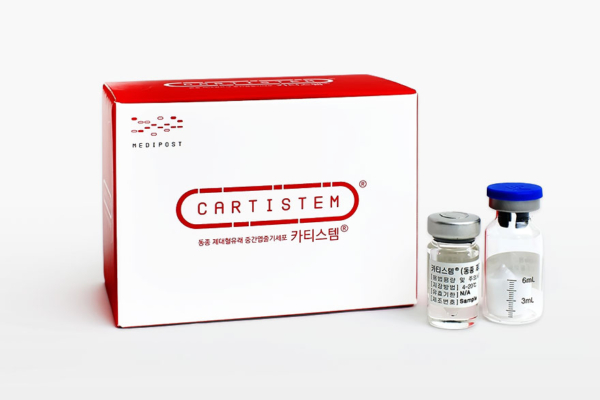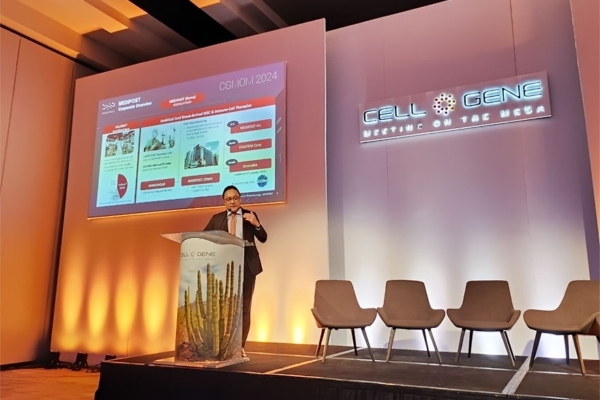The results from the US Phase 1/2 clinical trial of PNEUMOSTEM® for preventive treatment of premature infants who are at high risk of developing Bronchopulmonary Dysplasia(BPD) developed by MEDIPOST, have been published in an international medical journal.
MEDIPOST announced on the 13th of this month that the outcome of clinical trial conducted by the research team led by Professor Stephen Powell (MD) of Rush University Children’s Hospital in Chicago, IL was published in the Journal of Pediatrics with the title: ‘Safety of the Intratracheal Administration of the Human Umbilical Cord Blood Derived Mesenchymal Stromal Cells in Extremely Low Birth Weight Preterm Infants’. Journal of Pediatrics is the world’s leading journal for pediatric care, clinical research and science.
The research team administered PNEUMOSTEM® to 12 premature infants (6 low doses and 6 high doses) under 28 weeks of the gestational age with birth-weights less than 1 Kg, were administered between 5 and 14 days after birth. At 84 days following administration, all 12 subjects were safe with no side effects or adverse reactions related to the study drug – PNEUMOSTEM®.
Bronchopulmonary Dysplasia(BPD) occurs in premature infants who receive artificial ventilation and oxygen therapy, and while it is one of the leading causes of premature infant mortality, to date, there is no preventive treatment available worldwide.
A MEDIPOST official said, “we will begin discussions with the US FDA for further clinical trials later this year as we have successfully secured the necessary safety outcome from the US Phase 1/2 clinical trial of PNEUMOSTEM®.”
PNEUMOSTEM® has received Orphan Drug Designation from the US FDA and the EMA. Since December 2017 in Korea, PNEUMOSTEM® has been undergoing a Phase 2 trial in Extremely-Low-Birth-Weight(ELBW) premature infants who are at the highest risk of developing BPD.
The clinical trial has been partially supported by the Ministry of Health and Welfare for five years since 2012, through the Stem Cells and Regenerative Medicine Consortium Project Grant.





